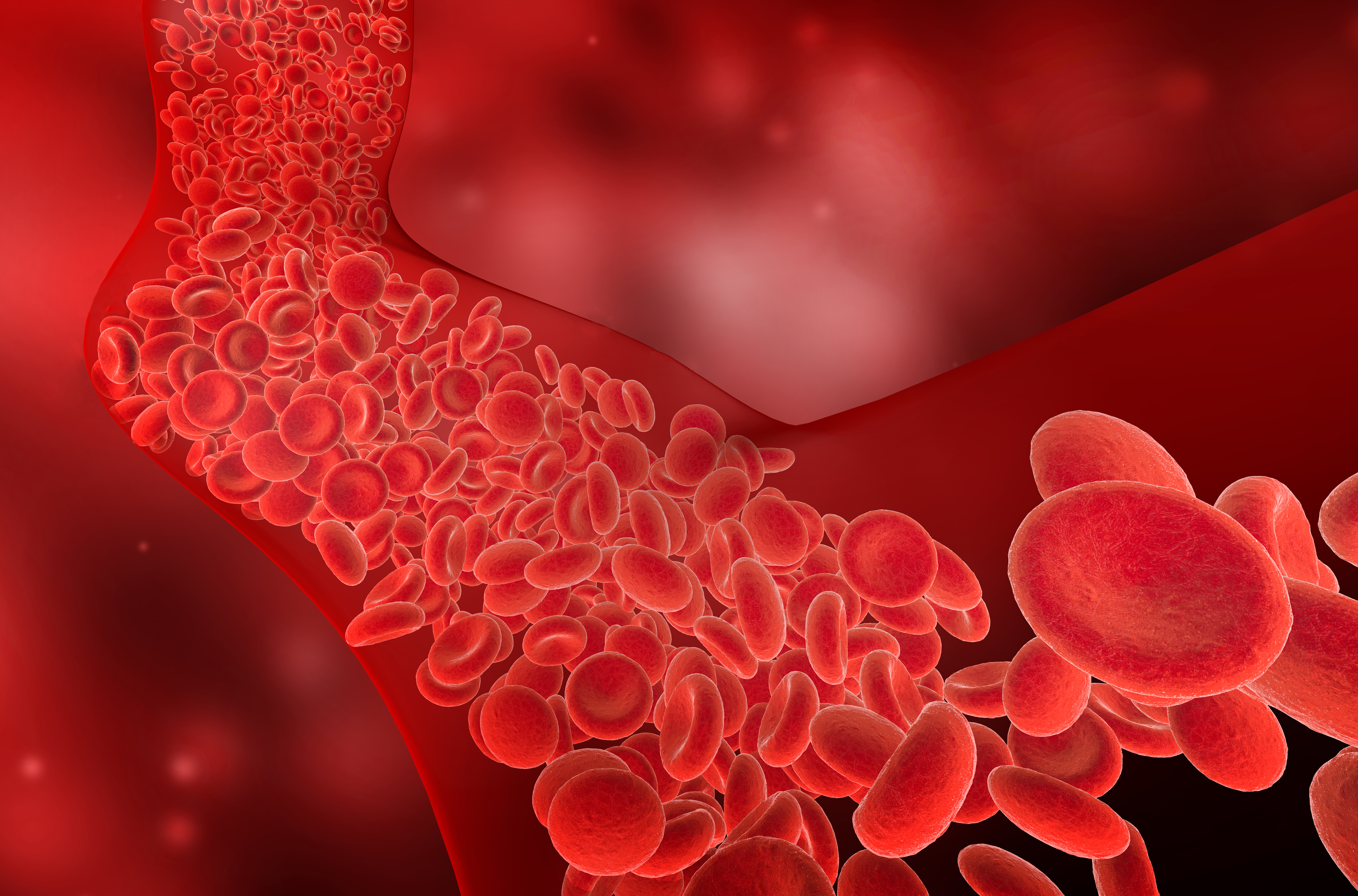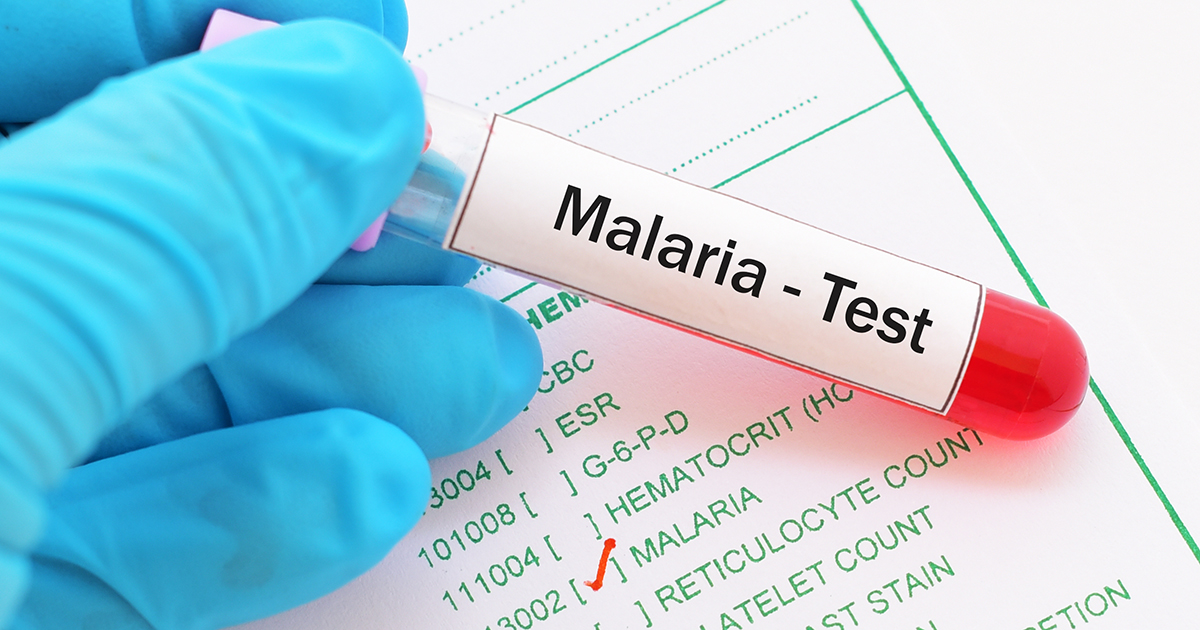10 Potential Causes And Risk Factors For An Enlarged Spleen
That spongy, unassuming organ tucked just below your diaphragm, behind your ribs on the left side – your spleen – performs vital, silent work, diligently filtering your blood and fighting infection. Most of the time, you don't even know it's there. But when this unsung hero swells, becoming palpable to a doctor's touch, it's sending a profound, urgent message. An enlarged spleen, or splenomegaly, isn't a disease itself; it's an ingenious alarm system, a stark indicator that something significant is amiss elsewhere in your body. Recognizing this subtle signal is crucial. This article unveils 10 potential causes and risk factors for an enlarged spleen, helping you understand this silent warning sign and what it might reveal about your overall health.
1. Cirrhosis Of The Liver

Cirrhosis of the liver is serious scarring of the liver due to a variety of liver diseases, alcohol abuse, or other conditions. Symptoms of cirrhosis are silent in the early stages, but as the disease progresses the patient is constantly tired and weak, has little appetite, loses weight and is nauseated. Their legs or abdomen (including the spleen) may swell, and they bruise and bleed easily. Since the liver also removes toxins from the body, they might notice changes to their skin such as jaundice, the yellowing of the whites of the eyes and the skin. They may also develop white nails and red palms, spider veins, and severe itching. Some cirrhosis patients also have trouble remembering or concentrating.
2. Blood Clots Or Pressure Near The Spleen

Another reason for an enlarged spleen is blood clots or pressure near the spleen. These abnormalities can be caused by cancer that started in another part of the body and spread to the spleen. A cyst, a benign fluid-filled sac, can also put pressure on the spleen and cause it to enlarge Untreated infections can set up abscesses near or in the spleen. This happens when a cavity fills up with pus. Blood clots can be caused by injuries to the spleen, which can result in enlargement. Some diseases and infections, including mononucleosis, malaria, and toxoplasmosis, also cause blood clots to form in the spleen.
3. Hemolytic Anemia

In hemolytic anemia, something causes the destruction of red blood cells before they can be replaced. Some types of this disorder are inherited, while others are caused by bacterial or viral infections, blood cancers such as leukemia and autoimmune diseases such as rheumatoid arthritis. Certain drugs, such as those that treat malaria, can also destroy red blood cells before the body can replace them. The spleen itself may be overactive and can be destroying the blood cells. This can mean an enlarged spleen as well. The artificial valves placed in some heart disease patients can damage the blood cells. Other individuals experience hemolytic anemia when they have a transfusion of the wrong type of blood.
4. Parasitic Infections

Parasitic infections have also been known to cause the spleen to enlarge. Among the parasites that attack the spleen are those that cause toxoplasmosis, malaria, leishmaniasis, and trypanosomiasis. Toxoplasmosis is usually asymptomatic in healthy adults, but is caught when individuals eat undercooked meat infested with the cysts of the parasite. Malaria is caused by the Plasmodium parasite, which is introduced into the body through the bite of an Anopheles mosquito. Leishmaniasis is caused by Leishmania parasites and is spread through the bite of species of sandflies, and trypanosomiasis is spread by the bite of a tsetse fly. Another type of trypanosomiasis called Chagas disease is contracted when an individual is bitten by 'kissing bugs,' which get their name because they bite individuals on the face.
5. Gaucher's Disease

Type 1 Gaucher's disease is the kind responsible for an enlarged spleen. Fortunately, it is a rare disease that only affects about six thousand individuals in the United States. It occurs when an individual inherits a mutated gene from both parents. The Type 1 form of the disease is the most common. Besides having an enlarged spleen, Gaucher's disease patients bruise and bleed easily because they have an abnormally low amount of blood platelets, which are small bodies that form blood clots at the site of an injury. The blood supply to the bones of Gaucher's disease patients is insufficient, which leads to pain, deformity, weakening and degeneration in their bones. This makes them more at risk of fractures.
6. Lymphoma: The Spleen's Cancerous Swelling

Beyond general blood clots, lymphoma – a cancer of the lymphatic system – is a significant and often insidious cause of an enlarged spleen. The spleen is rich in lymphatic tissue, making it a common site for lymphoma cells to accumulate and proliferate. This growth can lead to palpable enlargement, which might be the first, albeit subtle, sign of the cancer. Unlike some other causes, the spleen may be enlarged due to direct cancerous infiltration rather than just increased workload, making it a critical warning sign demanding immediate oncological investigation.
7. Leukemia: Blood Cancer's Hidden Impact

Similar to lymphoma, various types of leukemia, particularly chronic leukemias (like CML or CLL), frequently cause splenomegaly. This occurs when cancerous white blood cells proliferate excessively in the bone marrow and then spill into the bloodstream and organs, including the spleen. The spleen then swells as it attempts to filter these abnormal cells. This enlargement can be a key diagnostic clue, often accompanied by other subtle symptoms like fatigue, unexplained bruising, or recurrent infections, signaling a serious underlying blood cancer demanding urgent hematological assessment.
8. Sarcoidosis: Systemic Inflammation's Splenic Touch

Sarcoidosis, a baffling inflammatory disease, can ingeniously cause an enlarged spleen. This condition involves the growth of tiny, inflammatory cell clusters (granulomas) in various organs, including the spleen. While sarcoidosis often affects the lungs and lymph nodes, splenic involvement is common, leading to enlargement as the spleen's tissue is infiltrated. This non-infectious, systemic inflammation can lead to a palpable spleen, often without other obvious symptoms, making it a subtle but crucial warning sign of a widespread inflammatory disorder.
9. Amyloidosis: Protein Deposits' Silent Strain

Amyloidosis is a rare, complex condition where abnormal proteins (amyloid) build up in organs, including the spleen. This isn't just a simple swelling; it's a profound infiltration that gradually stiffens and enlarges the spleen as the amyloid protein deposits accumulate. The insidious nature of amyloidosis means symptoms are often non-specific and develop slowly, making an enlarged spleen a potentially early, critical clue. This type of splenomegaly points to a systemic protein disorder that can severely impact organ function throughout the body if left undiagnosed.
10. Felty's Syndrome: Rheumatoid Arthritis's Rare Complication

Felty's Syndrome is a rare, severe complication of rheumatoid arthritis that uniquely involves an enlarged spleen. This isn't just general arthritis; it's a specific manifestation where chronic rheumatoid arthritis, often severe and long-standing, leads to splenomegaly along with a dangerously low white blood cell count (neutropenia). The enlarged spleen plays a role in destroying white blood cells, leaving the individual highly vulnerable to infections. This specific triad of symptoms (RA, splenomegaly, neutropenia) signals a complex autoimmune response demanding specialized rheumatological and hematological management.
Decoding Your Spleen's Signals: The Path to Deeper Health

Your spleen, that unassuming organ, is an ingenious alarm system, silently monitoring your body's complex inner workings. As these 10 potential causes and risk factors reveal, its enlargement is never a minor issue; it's a profound signal demanding attention. From infectious invaders and blood disorders to systemic inflammation and insidious cancers, a swollen spleen whispers tales of underlying conditions that require precise diagnosis and swift action. Listening to these subtle cues, understanding their diverse origins, and seeking expert medical evaluation are paramount steps in safeguarding your overall health. Your spleen isn't just filtering blood; it's providing vital intelligence on your body's condition, urging you to act before its silent warnings become deafening.